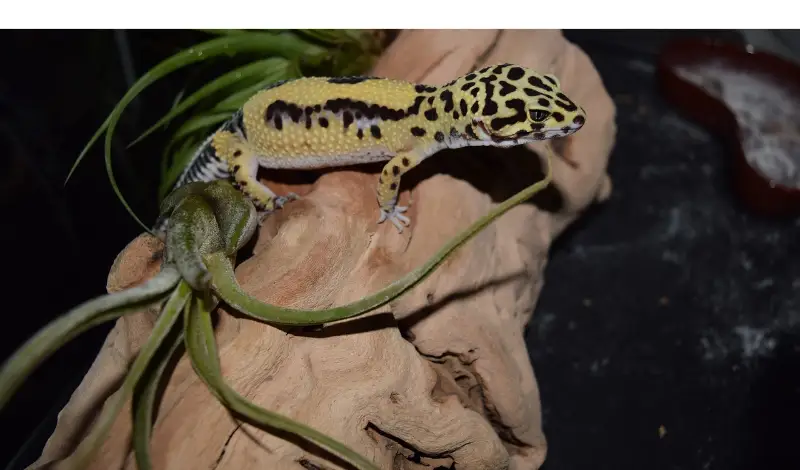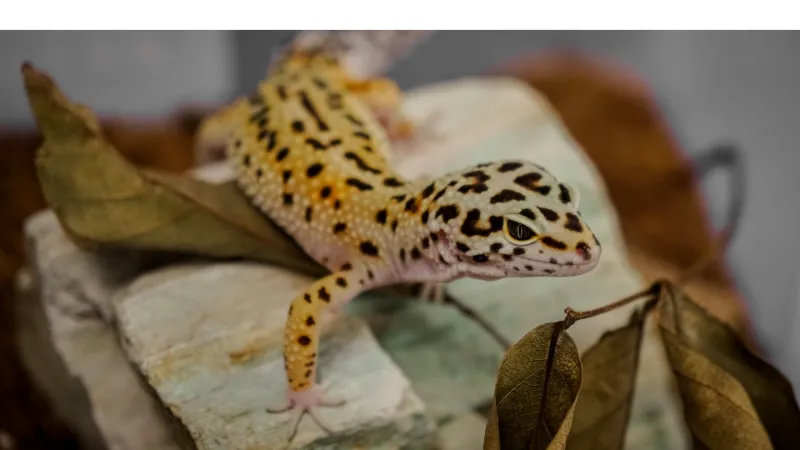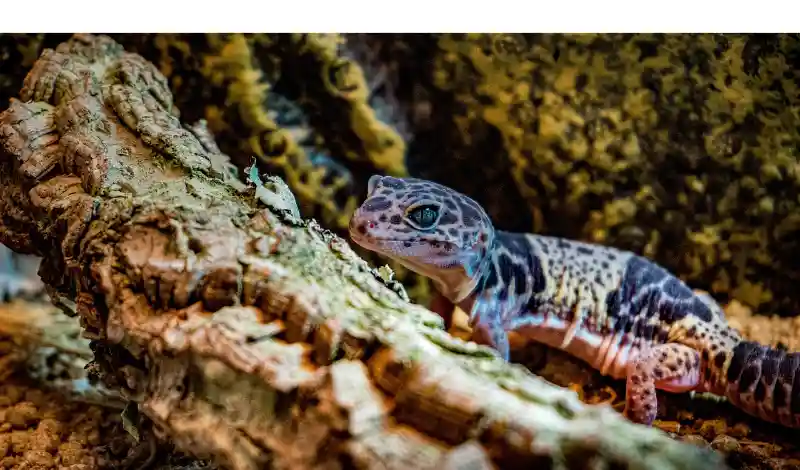Imagine, if you will, the life of a bearded dragon. Picture waking up to the first warm rays of the morning sun, stretching out your limbs, and getting ready for a new day.
You’re a creature of routine, after all. A bask in the heat, a chomp on some leafy greens or tasty insects, and maybe a good old-fashioned scamper around your habitat for good measure.
But here’s the million-dollar question, and it’s one that’s been on the minds of bearded dragon owners everywhere: do bearded dragons nap during the day?
You’ve probably spotted your dragon catching some zzz’s when the sun’s still high in the sky. Is that normal, or is it cause for concern?
In this post, we will answer that question and a lot more. We’ll explore why your dragon might be sleeping when you least expect it, and how you can support their health and happiness.
Understanding Bearded Dragon Sleep Habits
So, let’s get something straight: bearded dragons aren’t your average pets. They’re not like dogs, who can nap practically anywhere, anytime. And they’re definitely not like cats, who wrote the book on daytime napping.
Nope, bearded dragons are a bit more complex when it comes to catching their beauty sleep.
Bearded dragons, like many other reptiles, are diurnal. That’s a fancy way of saying they’re active during the day and sleep at night. The rising and setting of the sun?
That’s their jam. It’s what they’re used to, all the way from their native Australian deserts.
It’s also worth noting that their sleep is more like ours than you might think. Bearded dragons experience REM sleep, just like us humans!
REM (Rapid Eye Movement) sleep is the stage of deep sleep where dreams occur. So yes, your bearded dragon might just be dreaming of chasing crickets in their sleep.
Do Bearded Dragons Nap During the Day?
Drumroll, please… The answer is: Yes, bearded dragons can and do nap during the day! I know what you’re thinking: “Wait, didn’t you just say they’re diurnal? Doesn’t that mean they sleep at night?”
And you’re right; I did say that. But here’s the thing: just like us, sometimes bearded dragons need a little siesta during the day.
Think about it. Have you never felt the urge to take a quick power nap after a hearty lunch? Or perhaps to escape the midday heat? Well, bearded dragons are no different.
Their daytime napping is usually nothing to worry about as long as it doesn’t become constant.
Their nap might look a bit different, though. Instead of curling up and closing their eyes, they might go a bit still, with their eyes open or half-closed. It’s their own version of a power nap!
Reasons Why Your Bearded Dragon Might Be Napping in Daylight
So, if your bearded dragon is taking more than the occasional daytime snooze, it’s time to play detective. Let’s look at some reasons why your scaly buddy might be catching extra Zs when the sun’s still shining.
- Temperature Regulation: Bearded dragons love them some heat, but even they have their limits. If it’s too hot, they might take a nap to avoid overheating. On the flip side, if it’s too cold, they might not have the energy to be active. Regularly check your habitat’s temperature to make sure it’s just right.
- Brumation: The Reptile Hibernation: If it’s winter and your beardie’s been sleeping more than usual, they might be going through brumation. It’s kind of like hibernation for reptiles. But unlike bears who sleep all winter, bearded dragons will wake up now and then for a little food and water before going back to sleep.
- Health Concerns: If your bearded dragon’s sleep pattern changes suddenly, it’s a good idea to consult a vet. They might be feeling under the weather or dealing with a health issue that needs attention.
Remember, your pet can’t tell you when something’s wrong, so it’s up to you to keep an eye out for signs that they’re not feeling their best.
If you’re unsure, have a look at our post on signs your bearded dragon is hungry. It could give you some clues about their behavior.
When Should You Be Concerned?
Okay, let’s get serious for a moment. While it’s normal for bearded dragons to take the occasional daytime nap, too much sleep can be a red flag.
But how do you tell the difference between a harmless nap and a sign of trouble? Here are a few things to keep an eye out for:
- Extended periods of sleep: If your bearded dragon is sleeping all day and showing little interest in food or water, it’s time to call the vet. Persistent lethargy is not normal and could indicate a health problem.
- Changes in appearance: Look out for physical changes like weight loss, dull or discolored skin, or swelling. These could be signs of an underlying health issue.
- Behavior changes: Is your usually friendly beardie suddenly acting irritable or aggressive? Or maybe they’re not as active as they used to be? Significant changes in behavior are always worth investigating.
Remember, when in doubt, reach out to a vet. It’s always better to be safe than sorry. And while you’re at it, you might want to learn about how long a bearded dragon can go without water – because staying hydrated is crucial for their health!
Tips to Improve Your Bearded Dragon’s Sleep Cycle
Now that we’ve got the worry stuff out of the way, let’s focus on how we can make your bearded dragon’s day a little brighter (and their night a little more restful).
Here are some tips to help your beardie have a healthy sleep cycle:
- Keep their habitat comfy: Make sure their tank is at the right temperature – not too hot or cold. Bearded dragons are a bit like Goldilocks that way!
- Stick to a schedule: Try to keep feeding and play times consistent. This helps your beardie understand when it’s time to be active and when it’s time to rest.
- Mimic natural light patterns: Use UVB lights in their tank to replicate the natural day-night cycle. This means having the lights on during the day and off at night.
- Give them a safe space to sleep: Just like us, bearded dragons like having a secure place to snooze. Make sure they have a cozy hideaway where they can curl up and get some shut-eye.
- Limit disturbances: Keep their tank in a quiet place where they won’t be disturbed by loud noises or bright lights while they’re trying to sleep.
Conclusion: Understanding Your Dragon’s Day-Night Cycle
Alright, folks, we’ve reached the end of our journey through the world of bearded dragon sleep habits.
Now, you’re armed with the knowledge to understand why your bearded dragon might be catching some daytime Zs and what you can do to support their sleep cycle.
Remember, bearded dragons are unique creatures with their own set of rules. Daytime napping can be perfectly normal for them, just like enjoying a lazy Sunday afternoon is for us.
But as always, if you notice something off or worrisome about your beardie’s behavior, don’t hesitate to consult with a vet.
And most importantly, continue learning about your bearded dragon’s needs and behaviors. After all, understanding is the first step to providing the best care for your scaly friend.
Are you wondering about other aspects of their behavior, like their eating habits or interaction with you? Check out our post on do bearded dragons bite? and learn more about your bearded dragon’s behavior.
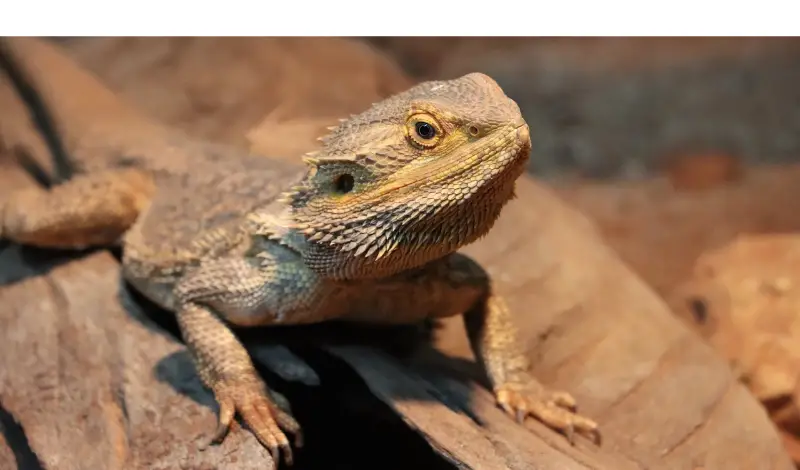
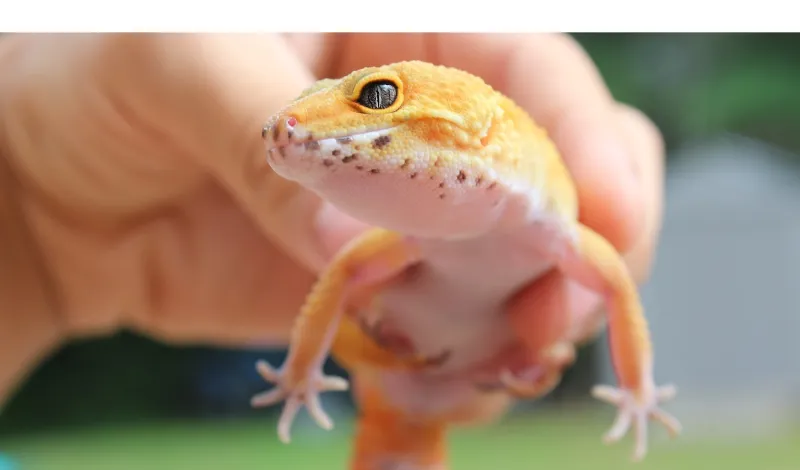
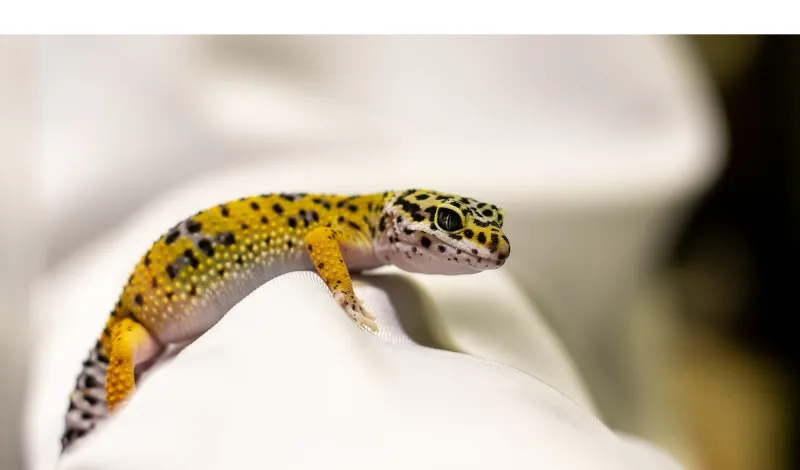
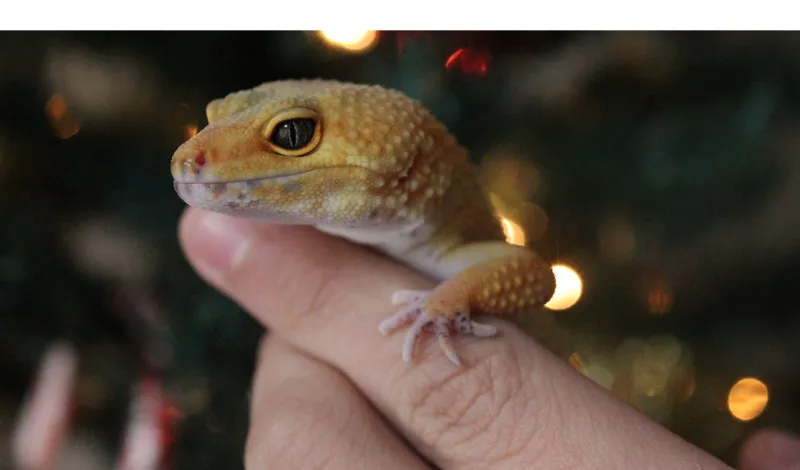
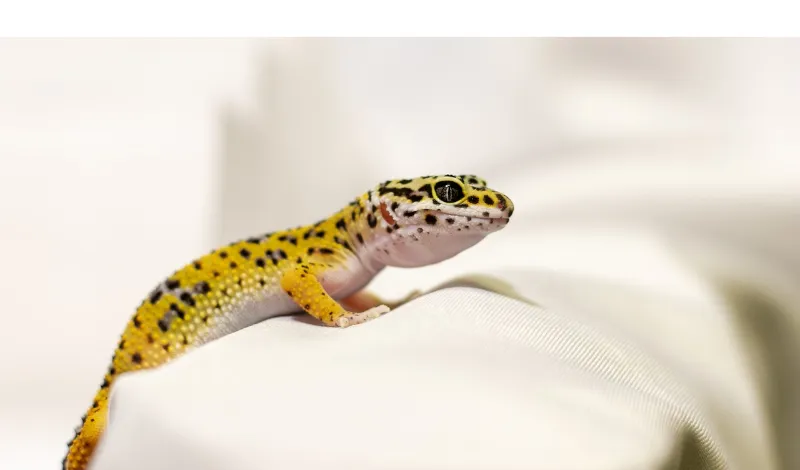
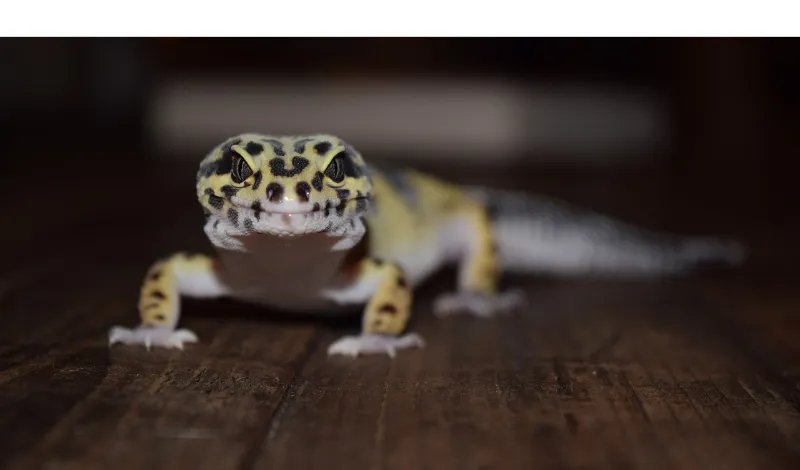
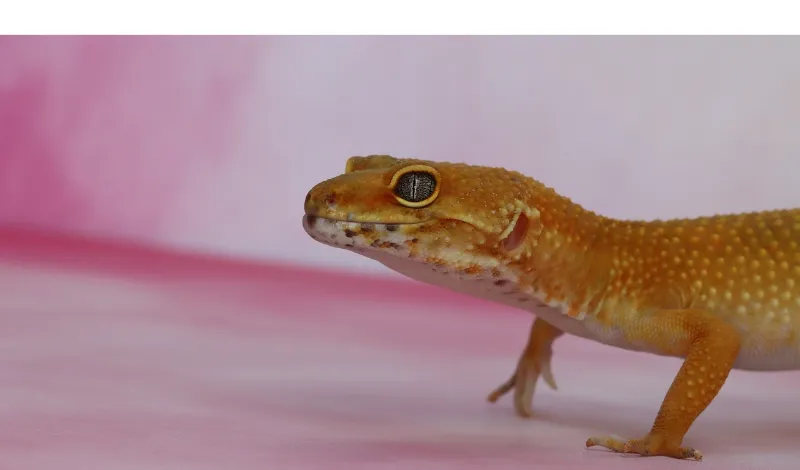
![turn-gecko-lights-off-at-night]](https://www.howtoanimal.com/wp-content/uploads/2023/05/Featured_Image_turn-gecko-lights-off-at-night.webp)
